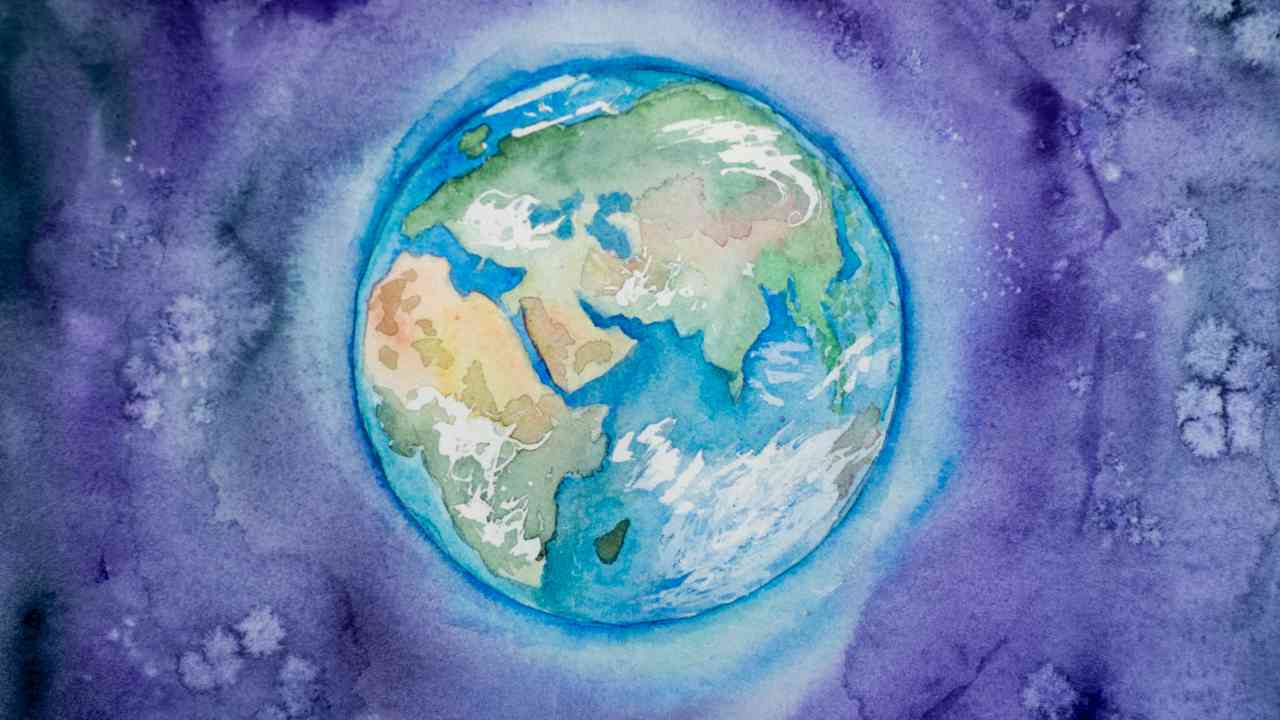Have you ever wondered why the Earth rotates? Have you ever asked yourself what would happen if the planet stopped spinning on its axis? Well, come January 8, 2023, you’ll be able to find out! Earth’s Rotation Day is a day dedicated to celebrate – and understand – the importance of our planet’s rotation. Every year, the world pays tribute to learning more about why and how our Earth rotates around its axis. In this blog post, we’ll explore what Earth’s Rotation Day is all about and how it might affect us in the future.
What is Earth’s Rotation Day?
Earth’s Rotation Day is the day on which the Earth completes one full rotation on its axis. It is also sometimes called the “length of day.” The length of day is the time it takes for the Earth to complete one full rotation.
Earth’s Rotation Day is caused by the Earth’s axial tilt. The axial tilt is the angle between the Earth’s axis of rotation and its orbital plane. When the axial tilt is 0 degrees, the Earth’s North Pole points directly at the Sun. This happens on March 20th or 21st every year and is called the vernal equinox.
The axial tilt is what causes seasons on Earth. As the Earth orbits the Sun, different parts of the planet are tilted towards or away from the Sun. This means that different parts of the planet receive more or less sunlight throughout the year.
The length of day varies depending on where you are on Earth. It also varies throughout the year as the Earth’s orbit around the Sun changes its orientation relative to to Sol (the sun). For example, days are shorter in winter than summer because during winter, Sol is oriented such that it shines sunlight more obliquely onto sections of Earth that are tilted away from it.
History of Earth’s Rotation Day
The day has been celebrated since the early 20th century, when it was first observed by astronomers. It wasn’t until 1979 that the day was officially recognized by the International Astronomical Union.
Since then, Earth’s Rotation Day has become an annual event, celebrated by people all over the world. On this day, we reflect on how far we’ve come in our understanding of the planet we call home.
From early observations of the stars to modern-day measurements of the planet’s rotational speed, we’ve come a long way in our understanding of Earth’s rotation. And on this day, we celebrate that progress.
How to celebrate Earth’s Rotation Day
Assuming you would like a detailed description of how to celebrate Earth’s Rotation Day:
There are a few ways that people believe we could go about celebrating this day. For starters, throwing a big party to commemorate the event sounds like a great way to let off some steam and have some fun. You could also use this day as an opportunity to learn more about our planet and what makes it so special. Additionally, you could take some time to appreciate all the natural beauty that surrounds us every day.
No matter how you choose to celebrate, Earth’s Rotation Day is a great opportunity to show your appreciation for our amazing planet!
The science behind Earth’s rotation
As the Earth rotates on its axis, it completes one full rotation every day. This constant rotation is what causes day and night. The Earth’s axis is an imaginary line that runs through the North and South Poles. It’s tilted at an angle of about 23.5 degrees from the plane of the Earth’s orbit around the sun.
This tilt is what causes seasons on Earth. As the Earth orbits the sun, different parts of the planet are tilted towards or away from the sun. This changes the amount of sunlight each region receives, which in turn affects temperature and weather patterns.
The tilt also affects how we see the stars in the night sky. Different constellations are visible at different times of year because of the changing position of the Earth relative to them.
So, next time you look up at the stars or enjoy a sunny day, remember that it’s all thanks to Earth’s rotation!
FAQ about Earth’s Rotation Day
1. What is Earth’s Rotation Day?
Earth’s Rotation Day commemorates the day when the Earth completes one full rotation on its axis. This day occurs every year on January 8th.
2. How long does it take for the Earth to complete one full rotation?
One full rotation of the Earth takes 24 hours.
3. Why is this day significant?
This day is significant because it reminds us of how fortunate we are to live on a planet that rotates regularly. This regularity gives us days and nights, seasons, and a stable environment that supports life.
Epiphany 2023: Date, History and Epiphany Traditions
World Hypnotism Day 2023: Date, Importance, Types and Benefits
World Braille Day 2023: Date, History, Benefits and Resources
Earth at Perihelion 2023: Date, Significance and effects of Perihelion
International Mind-Body Wellness Day 2023: Date, Importance and Benefits
Saint Basil’s Day 2023: Date, History and How to Celebrate
Reconquest Day 2023: Date, History, What Happened on January 2
World Introvert Day 2023: Date, History and Fun Facts
Important Days in January 2023: List of National and International days
Conclusion
January 8th is an important day in the Earth’s rotation. It marks a special event that we should all recognize and celebrate. The day gives us a chance to reflect on how lucky we are to have our planet and its orbit around the Sun. Looking into the night sky, it’s easy to see why this date is so significant—its dark depths remind us of the importance of having such a beautiful home in space and time! Even though Earth’s Rotation Day may not get as much attention as other holidays, it still stands out for its uniqueness and educational value. Let’s make sure to keep celebrating this remarkable occurrence every year.
EARTH’S ROTATION DAY DATES
| Year | Date | Day |
|---|---|---|
| 2023 | January 8 | Sunday |
| 2024 | January 8 | Monday |
| 2025 | January 8 | Wednesday |
| 2026 | January 8 | Thursday |
| 2027 | January 8 | Friday |


















